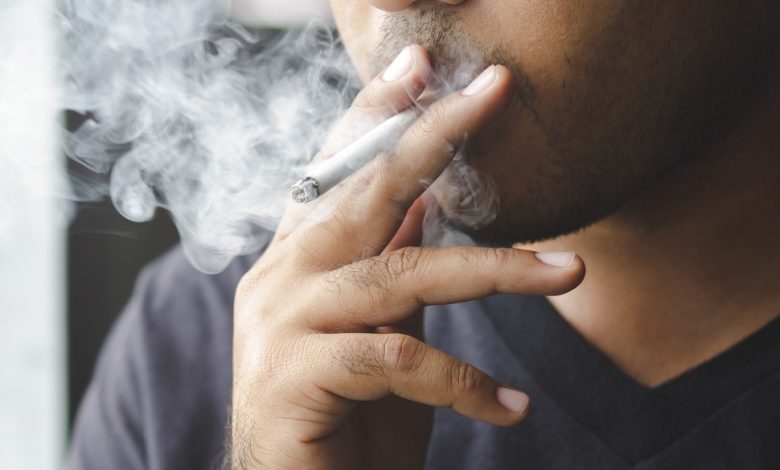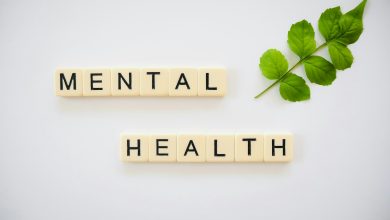Tobacco, Marijuana, and the Risk of Depression and Anxiety

A recent study involving nearly 54,000 U.S. adults has shed light on the potential link between the co-use of tobacco and marijuana and an increased risk of depression and anxiety. The research, led by Assistant Professor Nhung Nguyen from the University of California, San Francisco, found that individuals who used both substances were nearly twice as likely to experience anxiety or depression compared to non-users. These findings highlight the importance of addressing the co-use of tobacco and cannabis as an emerging public health concern.
The study’s results also underscore the growing prevalence of co-use as more states legalize cannabis, raising concerns about potential mental health implications. Researchers suggest that integrating tobacco and cannabis cessation programs with mental health treatment may offer benefits for individuals with co-use patterns. Additionally, screening for tobacco and cannabis use should be implemented within mental health treatment settings to identify and address these risk factors.
Despite the observed correlation, the exact reasons behind why the combination of tobacco and marijuana might lead to depression and anxiety remain unclear. Assistant Professor Nguyen emphasized that the interaction between these substances and their impact on mental health is not fully understood, and the study could not definitively establish causation.
One possible explanation for the observed correlation is that people who are already prone to depression and anxiety may turn to tobacco and cannabis as a means of self-medication. This two-way relationship suggests that both tobacco or cannabis use and mental health issues can influence each other. People with chronic anxiety or depression may be drawn to these substances to alleviate their symptoms, which can create a cycle of dependency.
Dr. Peter Grinspoon, a primary care physician and cannabis specialist, voiced the perspective that individuals might use tobacco and cannabis to self-treat their anxiety and depression rather than these substances causing these conditions. He emphasized the limitations of correlational studies, highlighting that they cannot establish causation definitively. Dr. Grinspoon noted that while cannabis may provide relief for some individuals, excessive use can lead to negative effects such as paranoia or exacerbate existing mental health problems.
The study also revealed that the link between depression and anxiety among those who used tobacco and marijuana was more pronounced among lower-income participants. This finding suggests that socioeconomic factors may play a role, as individuals with fewer resources may have limited access to mental health care and may resort to substance use as a coping mechanism.
In conclusion, the study highlights the need for further research to better understand the complex relationship between tobacco, marijuana, and mental health. While the study suggests a correlation between co-use and an increased risk of depression and anxiety, more research is required to determine causation and to develop effective prevention and treatment strategies for this emerging public health issue.





